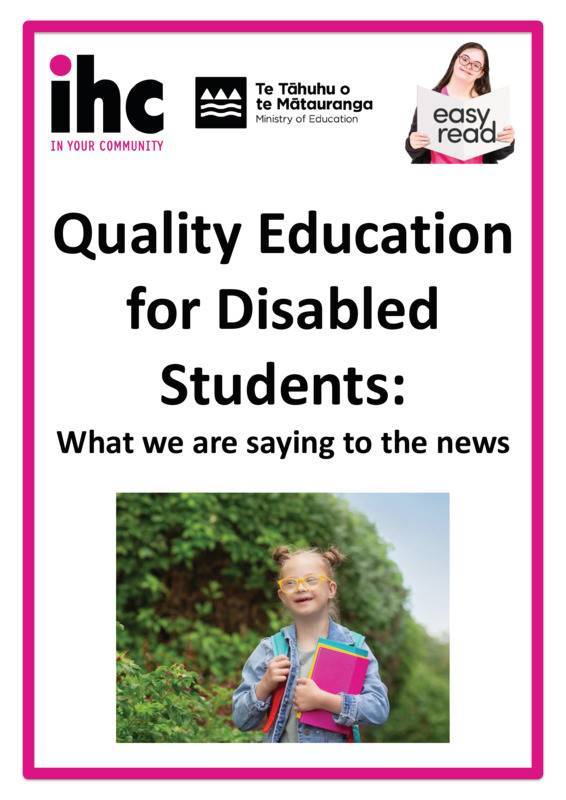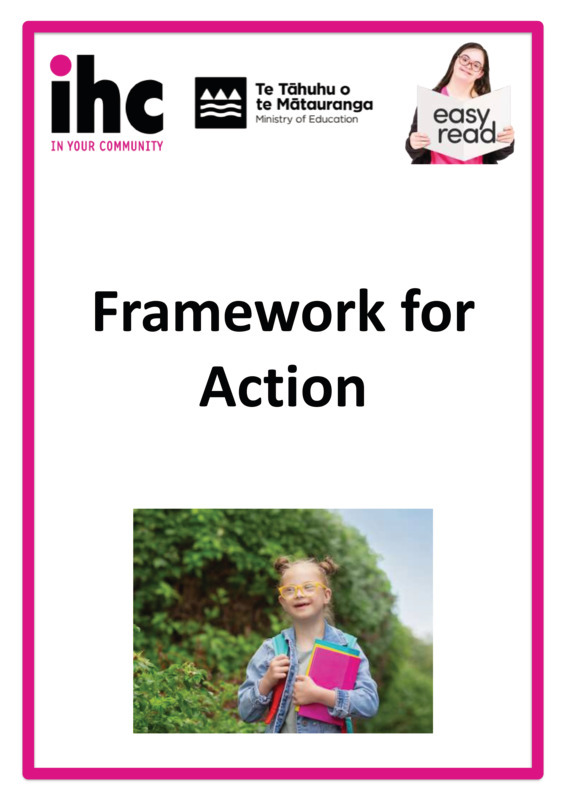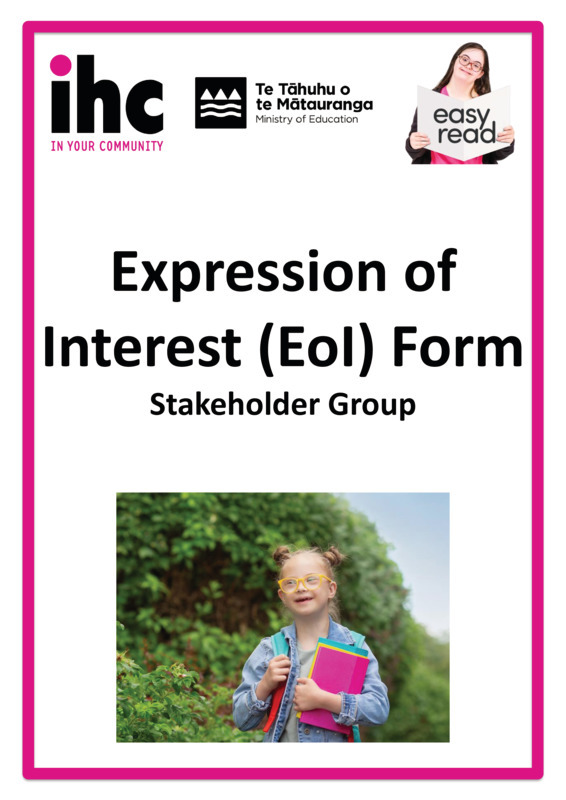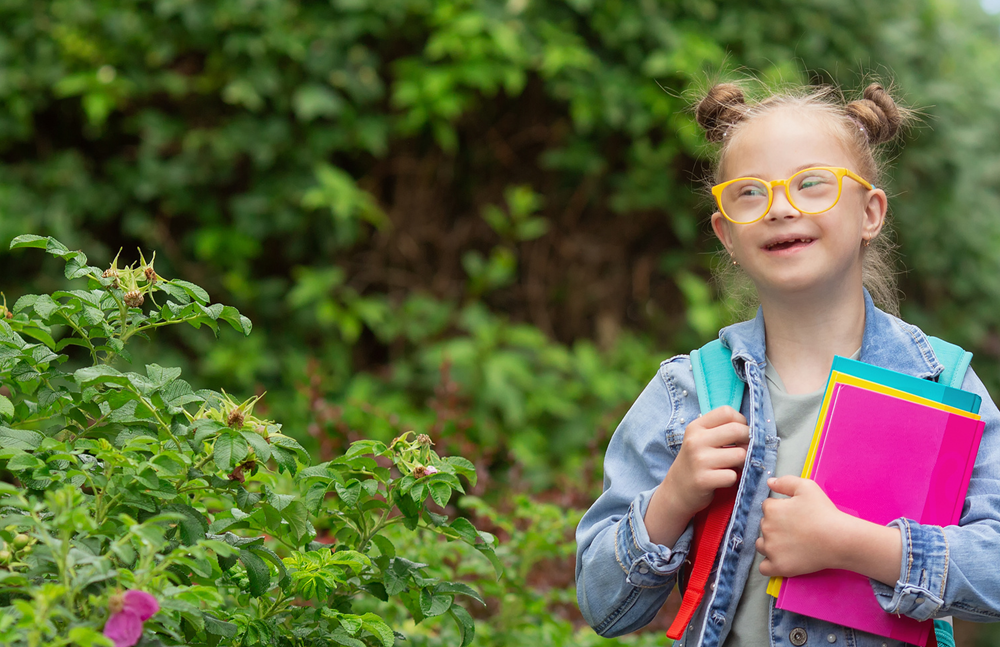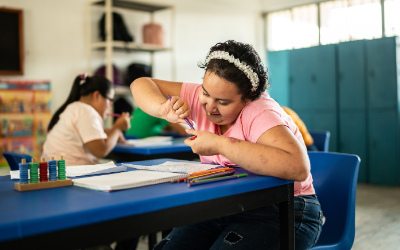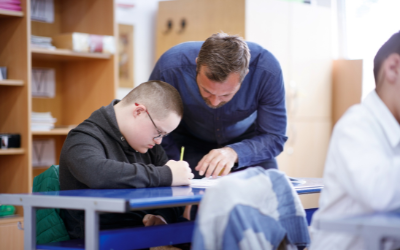
Families, teachers and principals told IHC over several decades that the education system too often disadvantaged and discriminated against disabled students.
In 2008, after decades of work with the Ministry of Education to solve the problems, IHC lodged a complaint under the Human Rights Act 1993. We wanted human rights law experts to look at the discrimination that disabled students had experienced for decades.
In November 2025, after 15 years of legal action, IHC and the Government settled the litigation to the benefit of disabled students and their families across Aotearoa New Zealand (see signed settlement agreement here).
We worked with families, and the education and disability sectors the whole way and this outcome is a win for all.
What it means
Disabled students have not had an equitable opportunity to enjoy a meaningful education in New Zealand, and this settlement will start to fix that.
The settlement is confirmation of statements by successive Ministers that the education system is not working for disabled students. The Ministry of Education has agreed to implement a Framework for Action designed by IHC to start to create equity.
Critically, this is win for all disabled students that is based in recognition of their fundamental human right to education on an equal basis to their non-disabled peers.
This is the start of long-term improvements to how the Government supports disabled students. The objectives are to promote better resourcing policies, initial and ongoing training, systems and support for schools, and teachers, so they have what they need to support disabled students’ learning and participation in school life.
Families expect to send their children with disabilities to their local school with their brothers, sisters, cousins, and neighbours and should receive the same quality of education. And that is what this settlement and the Framework for Action will lead to.
Why IHC campaigned for this
Disabled children and young people should be able to enrol and receive an education on the same basis as every other child.
That means having:
- a no-strings-attached welcome from the school
- required adaptations in place so every child has what they need to learn
- teachers who are confident to teach diverse children
- full-time attendance each day and over the school year
- a commitment from schools that all children are part of every activity, for example sports, camps and concerts
- monitoring of learning to identify what further adaptations might be needed for achievement
- education policy transformation that results in schools having the human and financial resources needed to ensure disabled children have equitable access to, and outcomes from, the education system.
We know that when disabled students learn alongside students their age at their local school they are set up for a life of citizenship, community participation and inclusion. Research tells us that non-disabled children also benefit from inclusion; their learning increases along with their values of diversity and inclusion.
For too long, disabled students have been disadvantaged by an education system that does not work for them. We see this discrimination through the following system problems:
- No data: A lack of information about disabled students’ presence participation and achievement
- No enabling policy framework: Flawed policies hinder inclusion by not providing what disabled students and their schools need to thrive
- No accountability: A lack of clear monitoring, evaluation and accountability
- No training: Inadequate teacher education and professional development
- No understanding: Disability-related behaviours are often punished and misunderstood.
The Framework for Action
IHC developed the Framework for Action with Office for Human Rights Proceedings using data and evidence from families, teachers, principals, Government reports, and guidance from international human rights conventions. The Framework is a starting point to create a fairer education system for disabled students.
There is more information about the Framework for Action here.
The stakeholder group
The Ministry of Education has agreed to establish a stakeholder group to monitor its progress in implementing the Framework and provide advice as required. The group will have six to eight members. IHC will have two permanent members of the group, one of whom will chair the group. The Ministry is seeking members with the following attributes:
- lived experience of being a disabled person participating in the education system
- tāngata whaikaha Māori and Pacific peoples perspectives
- knowledge and/or experience of supporting a disabled person through their education pathway
- experience within the education sector
- awareness of the current priorities concerns and barriers for disabled ākonga and their whānau.
Members will have the opportunity to engage with work led by the Ministry and give input and feedback on its development.
The group will operate for a minimum of six years. The membership term will be at least three years. The group will meet three times a year (likely in February, June and October).
The Ministry will pay members in line with the Cabinet Fees Framework.
Why IHC took legal action
IHC is taking this action as a last resort. We have tried everything else over the years to get a fair deal for disabled children and young people at school. We have:
- talked with Ministers and the Ministry of Education for many years
- written many letters and submissions to the Government about the problems and suggested solutions
- developed resources to help families to speak up for their children at school
- funded research that identifies what disabled children need at school to get a fair deal
- funded seminars for schools to talk about how to include and teach disabled children and young people
- built networks of allies, organisations and individuals that support our legal action
- listened to families and disabled children and young people telling us about what they find difficult at school and what would make things right
- had discussions with principals, teachers and Boards of Trustees and their representative organisations over shared concerns about disabled children and young people at school.


